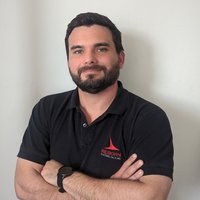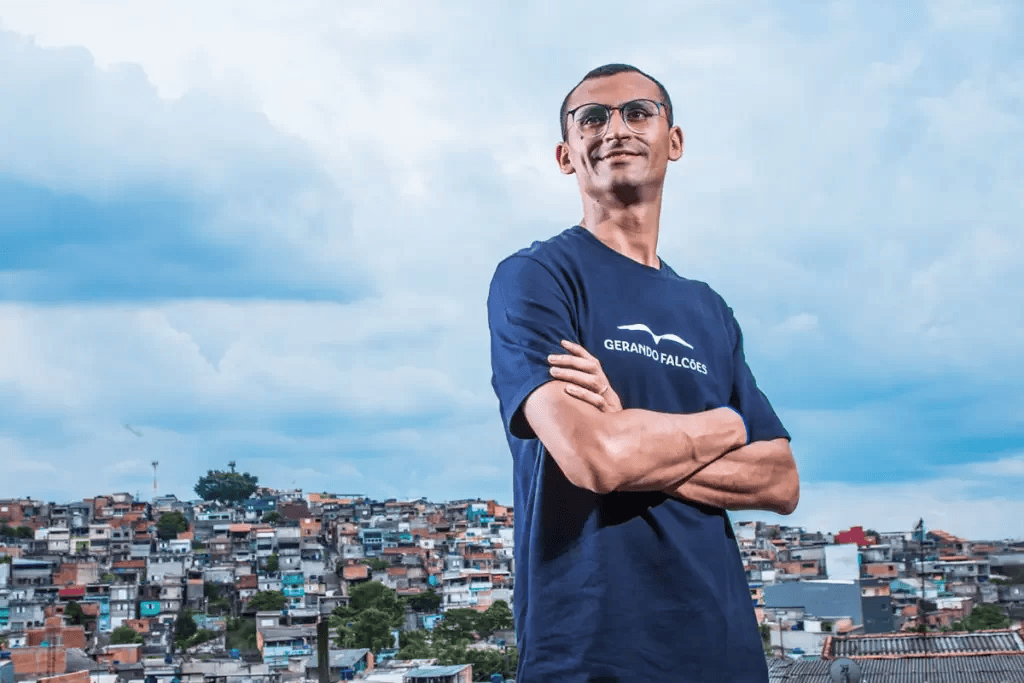Energy & sustainability
Edu Lyra
A social development ecosystem that works to accelerate the impact of favela leaders across the country.

Global
Sivaranjani Seetharaman
Developed models to evaluate how electricity systems will respond to soaring levels of demand.

Global
Stafford Sheehan
Capturing existing carbon dioxide and converting it into a useful commercial product.

Latin America
Felipe Cevallos
Converting diesel buses to electric and manufacturing new plug-in buses to accelerate the transition to sustainable mobility.

Latin America
Luis Plata Cavazos
Building photovoltaic power projects for companies that improve air quality and accelerate the energy transition.
